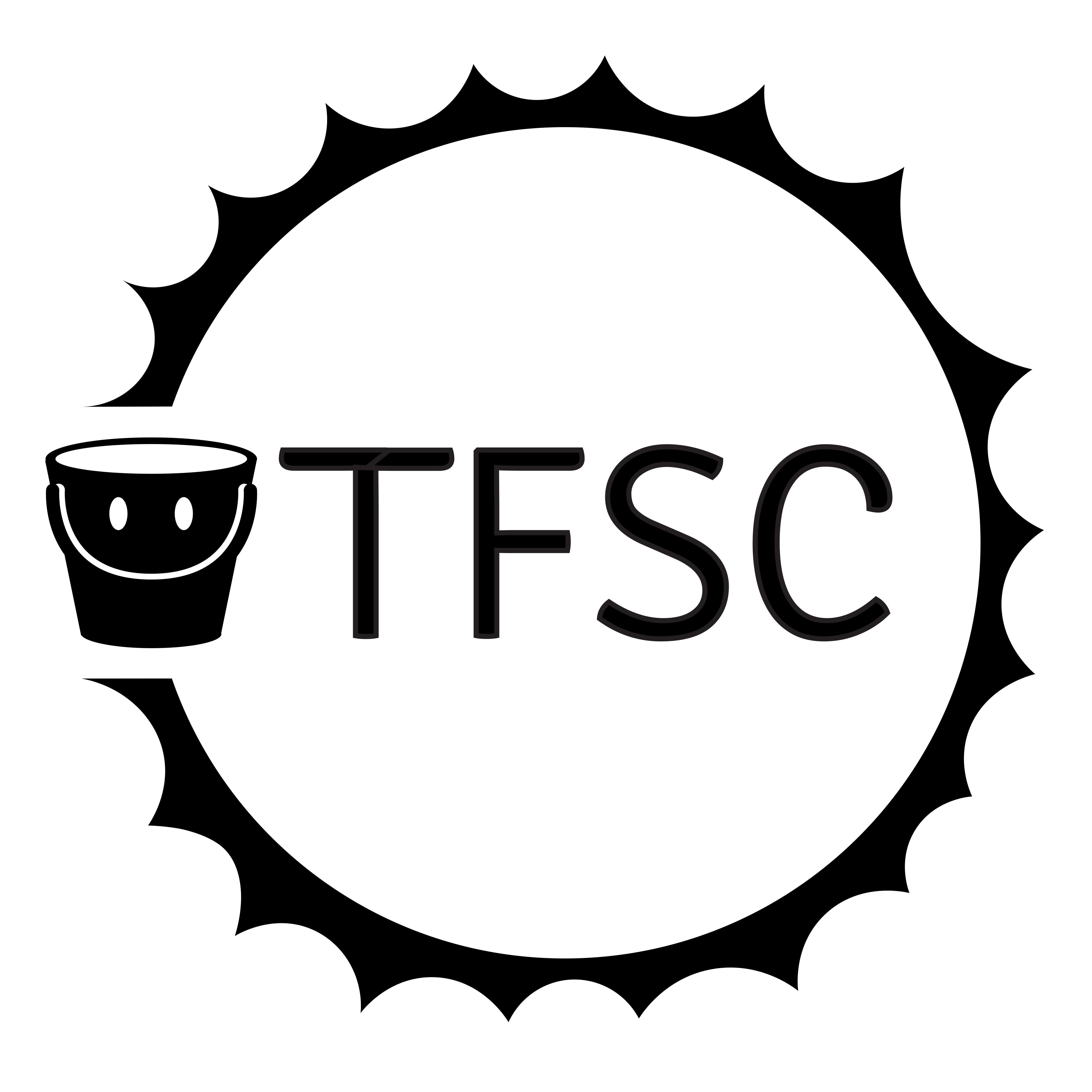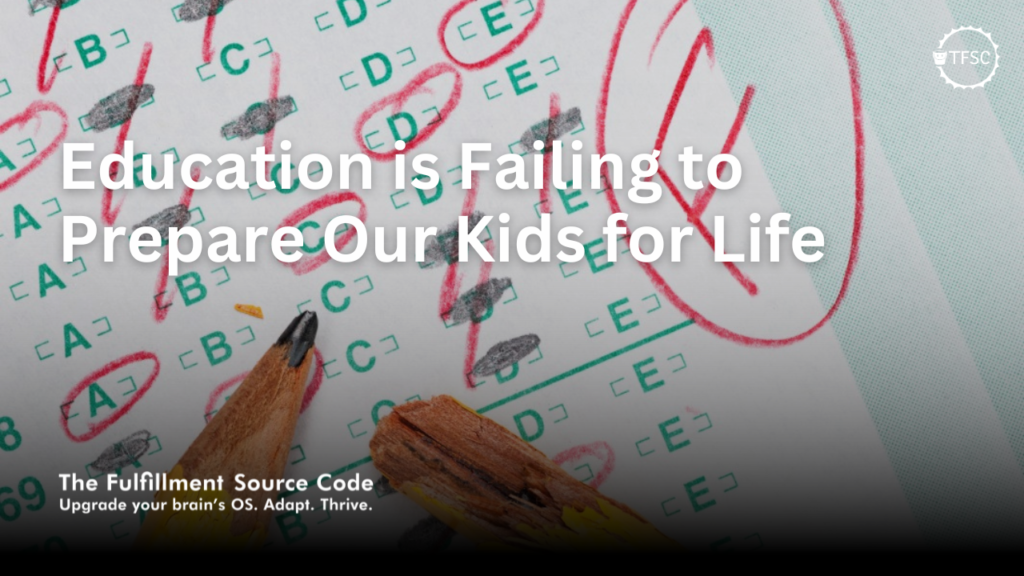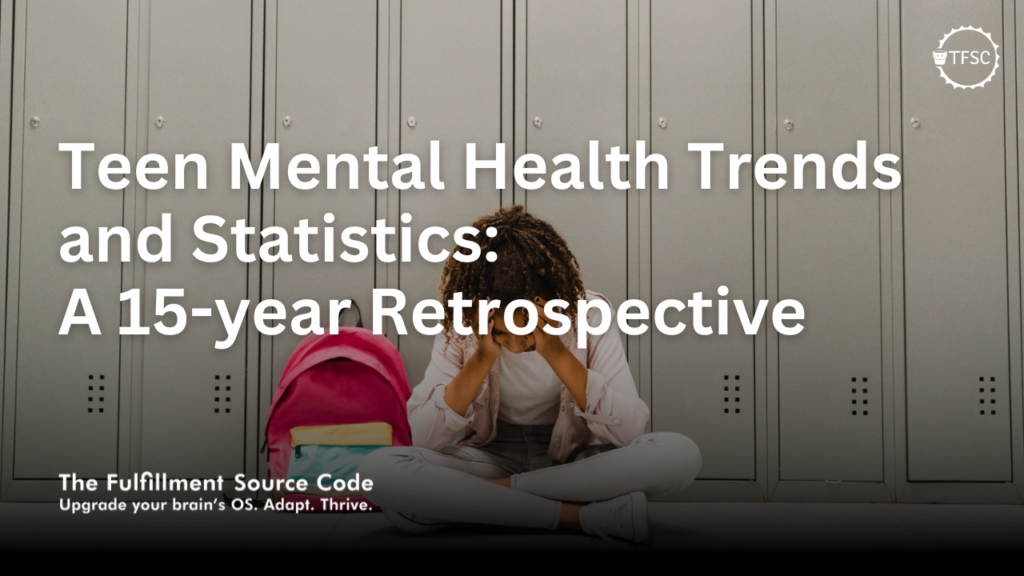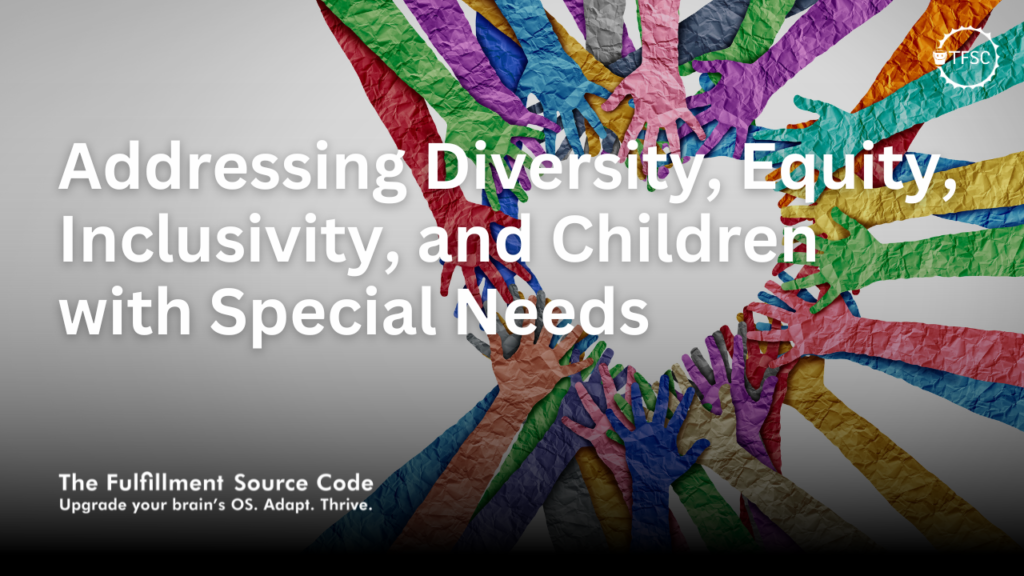TikTok, Texts, and Teens: The Science Behind Social Media’s Impact on Adolescent Brains
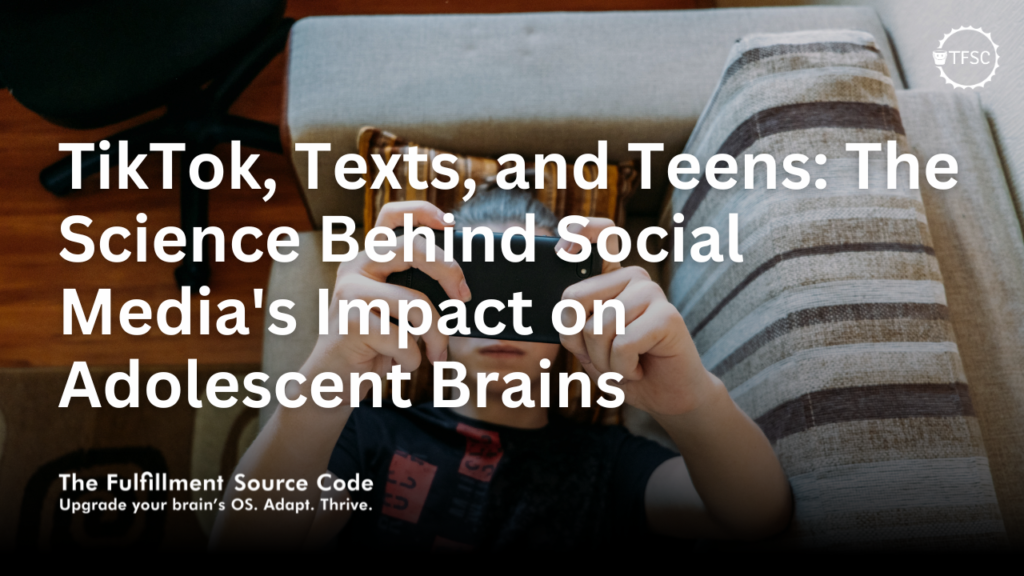
Do you ever wonder if kids today REALLY have it harder than kids did 20 years ago? If so, you’re not alone. While every generation faces its own unique challenges, recent studies suggest that today’s teenagers are definitely dealing with a particularly difficult set of circumstances.
Regardless of culture, adolescence is a crucial period of development, marked by significant changes in the brain that impact psychological, emotional, and physical functioning. These changes are driven by a complex interplay of genetic and environmental factors, as well as hormonal and synaptic changes in the brain. The teenage brain is known to be highly influenced by social interactions, peer pressure, and hormonal changes. Recent studies have shown that today’s teenagers are facing more pressure and stress than previous generations, leading to higher rates of anxiety and depression.
For example, a study published in the Journal of Abnormal Psychology in 2019 found that rates of anxiety and depression among teenagers have been increasing steadily over the past decade. The study found that rates of major depressive episodes among 12- to 17-year-olds increased from 8.7% in 2005 to 13.2% in 2017. Similarly, rates of anxiety disorders increased from 5.4% to 7.3% during the same time period.
For example, a report published in the Journal of the American Medical Association in 2020 found that the prevalence of depression among adolescents aged 12 to 17 increased from 8.7% in 2005 to 14.3% in 2019. Similarly, the prevalence of anxiety among this age group increased from 18.0% to 27.2% during the same time period.
One reason for this is the evolution of the human brain. Our brains evolved for a much simpler life, where we were exposed to fewer stimuli and had to make decisions quickly in order to survive. Today’s teenagers, however, are bombarded with vast amounts of information and exposure, thanks to the internet, social media, and other technologies. The teenage brain is not well-equipped to handle this exceptional level of stimulation and is often overwhelmed, leading to increased stress, anxiety, and depression.
Another factor contributing to this trend is the impact of social media on teenage mental health. A study published in the Journal of Social and Clinical Psychology in 2018 found that social media use is linked to increased feelings of anxiety and depression among teenagers. The study found that teenagers who spent more time on social media had higher rates of anxiety and depression, and that these effects were particularly strong among girls.
It’s important for all of us to be aware of the unique challenges that today’s teenagers are facing and to provide support and resources to help them cope. This may include empowering them with the understanding of the impact on their brain, mind and body, limiting screen time and exposure to social media, encouraging healthy social connections and friendships, and providing access to mental health resources and support.
While every generation faces its own unique set of challenges, recent studies suggest that teenagers today are facing more pressure and stress than previous generations. The impact of technology and social media on teenage mental health is a growing concern, and it’s important to recognize the challenges that come with exposure to vast amounts of information and stimulation. It is on us to help teenagers navigate these challenges and not simply survive, but thrive during this critical period of development.
Sources & References
Twenge, J. M., Cooper, A. B., Joiner, T. E., Duffy, M. E., & Binau, S. G. (2019). Age, period, and cohort trends in mood disorder indicators and suicide-related outcomes in a nationally representative dataset, 2005-2017. Journal of Abnormal Psychology, 128(3), 185–199.
Vannucci, A., Flannery, K. M., & Ohannessian, C. M. (2018). Social media use and anxiety in emerging adults. Journal of Affective Disorders, 207, 163–166.
